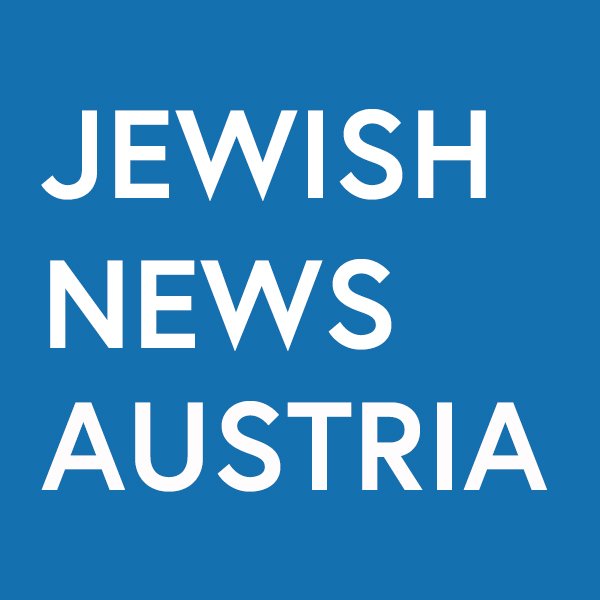Jewish-Christian Dialogue: Theology Wants to Learn from Debate in USA
Kathpress, June 26, 2023
German original: https://www.katholisch.at/aktuelles/144414/juedisch-christlicher-dialog-theologie-will-von-debatte-in-usa-lernen
Salzburg theologian Hoff and theologian Höftberger take positive stock of conference in Boston - Hoff: Jewish-Christian dialogue in German-speaking countries often too theologically focused - Concept of "intersectionality" helps to broaden view of diversity of experiences of discrimination.
The Salzburg theologian Gregor Maria Hoff and the Salzburg theologian Elisabeth Höftberger have drawn a positive balance of the annual conference of the International Council of Christians and Jews (ICCJ), which recently ended in Boston/USA. They were impressed not only by the "global internationality of the Jewish-Christian dialogue" and the palpable trust, but also by the political-theological dimension, especially in intercultural contexts, Hoff and Höftberger told Kathpress in a statement.
Identity is not a one-dimensional category that can be reduced only to questions of religion or worldview. Rather, it is a matter of opening up a space, especially in interreligious dialogue, for life stories that are often also marked by experiences of discrimination and persecution, according to Höftberger: "Experiences of faith, identities, discrimination and persecution because of anti-Semitic or racist ideologies - all these are sensitive topics for which a space for exchange is needed." The thesis or category of "intersectionality," i.e., the conviction that forms of discrimination such as racism, anti-Semitism, sexism, religious persecution, etc. are not separate phenomena, but may well overlap biographically and lead to new, independent experiences of discrimination, is promising in this respect.
Elisabeth Höftberger summarized: "The concept of intersectionality is helpful to recognize that someone is not only devalued because of one aspect, but because of several. While in the U.S. the category 'race' is central and takes the view back to the terrible history of slavery, the participants agreed that in a European context the category of 'ethnicity' is a stronger reason for discrimination. So it also became clear in the final discussion that our particular context is like a lens through which we interpret social processes."
Hoff and Höftberger were joined at the Boston meeting by Willy Weisz, vice president of the Coordinating Committee for Christian-Jewish Cooperation. He and Höftberger pointed out that, in addition to opening spaces of encounter, a new practice of a culture of listening was an important impulse that came from the meeting and that needed to be implemented in European Jewish-Christian dialogue. "In order to bring people who are in great opposition to each other into conversation, it is first necessary to listen carefully. To be heard is a great gift," Höftberger said.
The ICCJ meeting was entitled "Negotiating Multiple Identities: Implications for Interreligious Relations." Next year the meeting will take place in Salzburg. It is organized, among others, by the ICCJ in cooperation with the Coordinating Committee for Christian-Jewish Cooperation (Austria/Vienna) and the Faculty of Theology of the University of Salzburg.
Seelisberg Prize to German historian
During the conference, among other awards, the "Seelisberg Prize" was presented for special services to Jewish-Christian dialogue. The German expert on Jewish history and theologian, Prof. Joseph Sievers, was honored. The ICCJ has been awarding the prize, which is endowed with 10,000 euros, since last year together with the Center for Intercultural Theology and Study of Religions (ZTKR) at the University of Salzburg.
The aim of the prize is to put role models of interreligious dialogue in the spotlight and "give them a face," says Hoff, who is responsible, among other things, for the large "Research Program Jewish Christian Dialogue" located at the ZTKR, which sponsored the prize and also brings the prize winners to the University of Salzburg as "Research Fellows."
